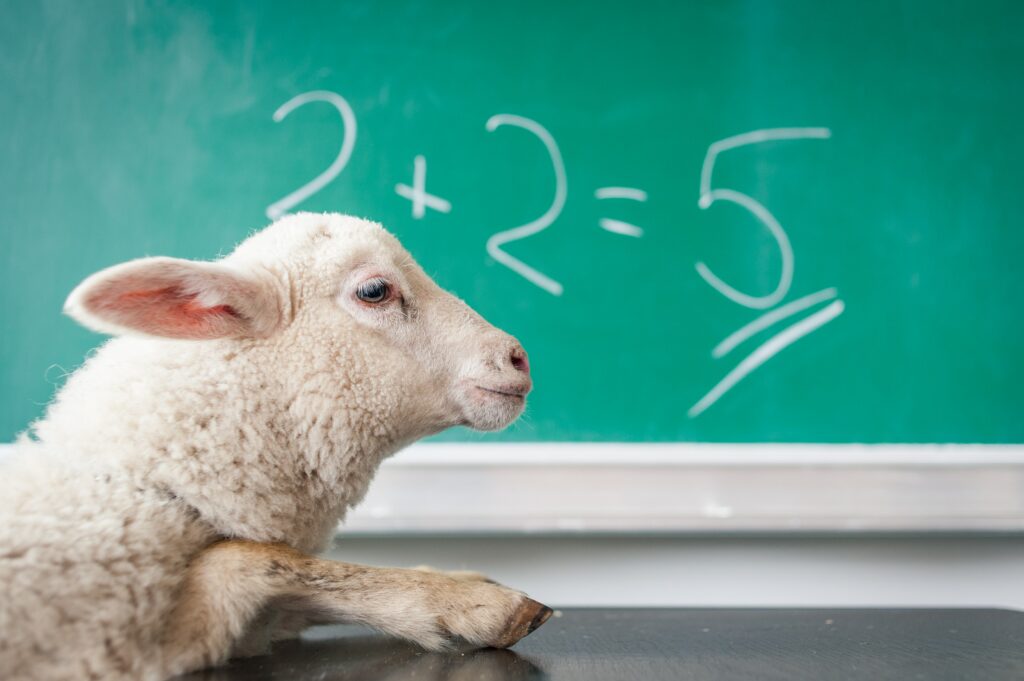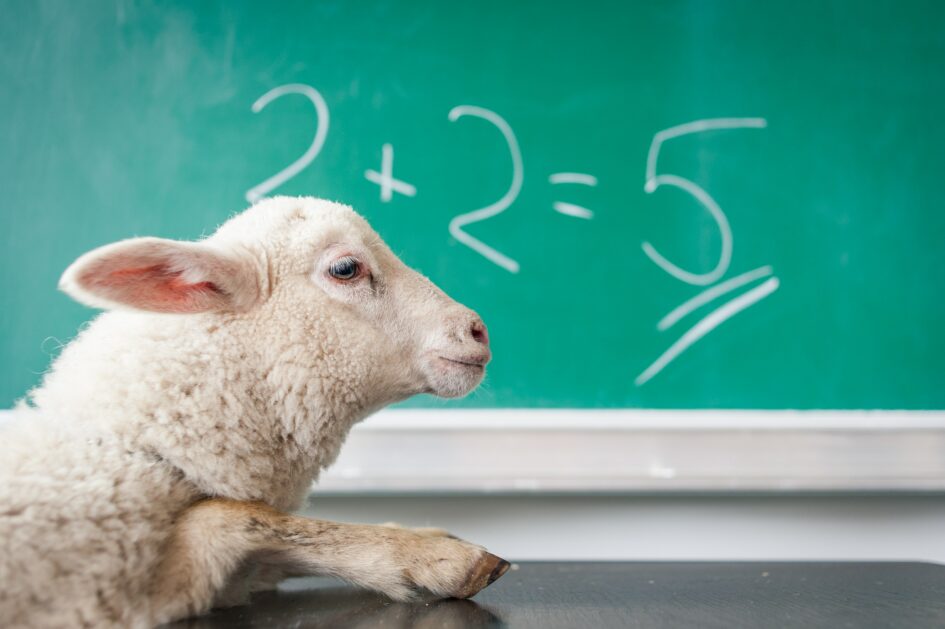I learned a lot of interesting information from the content this week. I especially found the interviews very informative. Media literacy is a very useful and important topic that helps us develop skills needed to be able to discover fake news. Media literacy provides “a framework to access, analyze, evaluate and create messages in a variety of forms, build an understanding of the role of media in society, as well as [develop] the essential skills of inquiry and self-expression” (Trilling, et. al, 2009). It is the mediums that can be used for different online purposes, such as messaging, printing, videos, and websites. As well, media literacy can help students understand the impacts that media and online interactions can have on users.
In the interview with Julie Smith, she discussed false information or “fake news”, and it really stuck with me (Smith, 2021). She explained that many people are more interested in the information that they believe to be true, instead of what is actually true, valid, and meaningful. It can be difficult to determine what is true and what is false, because there is so much information online that it would be easy to find something to support any idea someone may have. Media literacy can help with this and allows people to view and evaluate online information and resources to help with spotting fake news. It can be very hard to learn and teach about media literacy because some people do not believe or accept facts. I really liked what was said in this interview about shields. Julie said that when people put their shields up, nothing can get through. This is saying that when people do not want to hear information, they will block it out so no message can get through, even when it is true facts. I really liked this because it shows how hard it can be to change people’s minds and get them to listen and understand a new perspective that goes against what they have previously known. This also connects to how news platforms present their stories, because they give their viewers what they want instead of accurate and true information, in order to keep their viewers. This is why we do not often hear messages that we disagree with, because the news outlets we interact with and get our information from are ones that we choose to listen to, so it is typically information that our thoughts and beliefs align with.
The second interview we listened to, with Jody Vance, I learned a lot about expanding a PLN, and working towards reaching your goals (Vance, 2021). First, I learned that it is so important to be yourself, and not to try to be someone else because a potential employer is looking to hire you, not someone else. Also, it is best to start small, and take the opportunities that you are able to get. This will help you work your way up and will get your name out there for future employers to potentially hear. Through different opportunities, you will meet people and build connections through the work and learning, which will also help you reach your goal. Building a strong, reliable learning network is important for when you may need help with something, for a career or something else (Smith, 2021; Vance, 2021). This support is so valuable and can also help navigate difficult times, because there are other people that may know what you are working through. This also relates to people in your network having the same ideas and opinions as you on different topics. Hearing different perspectives from people that are not yet in your network, or do not typically have the same views as you, is important when wanting to learn and grow because then you are able to hear different sides of a story, however being able to share similar opinions with people you have relationships with is comforting and a good way to feel supported through work and learning. One other part of this interview that struck me was when Jody said, “it takes a lifetime to make a reputation and a heartbeat to break it” (Vance, 2021). This quote supports what I have been learning all term about being aware of what you post and say online. One mistake can ruin careers and relationships, which is why it is important to be mindful of what one says and posts.
Smith, Julie. “EDCI 338 – Media literacy with Julie Smith.” YouTube, uploaded by MILLER, 6 June 2021, https://www.youtube.com/watch?v=57r3-aEnci0
Trilling, Bernie, et al., 21st Century Skills: Learning for Life in our Times. Jossey-Bass, San Francisco, 2009. https://learning-oreilly-com.ezproxy.library.uvic.ca/library/view/21st+Century+Skills:+Learning+for+Life+in+Our+times/9780470475386/fade_9780470475386_oeb_c04_r1.html%23h2
Vance, Jody. “Jody Vance Media Voices.” YouTube, uploaded by MILLER, 6 June 2021, https://www.youtube.com/watch?v=E-NnpQJdl0A

Photo by Michal Matlon on Unsplash

June 15, 2021 at 9:01 pm
Hi Sarah,
It was really interesting to read your blog this week. I enjoyed your discussion about how teaching media literacy in this day and age can be challenging. I thought it was really profound when you used the shields analogy that Julie Smith discussed in her interview when she stated that “when people put their shields up, nothing can get through”. This quote made me think about our political climate, and how incredibly challenging it is when some people’s views are dismissed as other people are choosing to not hear anything that doesn’t support their ideas and agendas.
I also really enjoyed your discussion of Jody Vance’s interview. A quote that you mentioned from his interview which resonated with me was when Jody Vance stated that, “it takes a lifetime to make a reputation and a heartbeat to break it”. I found this quote to be very accurate, particularly in our world now, with “cancel culture” being so prominent. I certainly agree that it takes years to build a reputation and all it takes is one mistake everything can be gone in seconds, and this certainly has the ability to impact one’s family, career, and life overall.
I really enjoyed reading your blog overall!